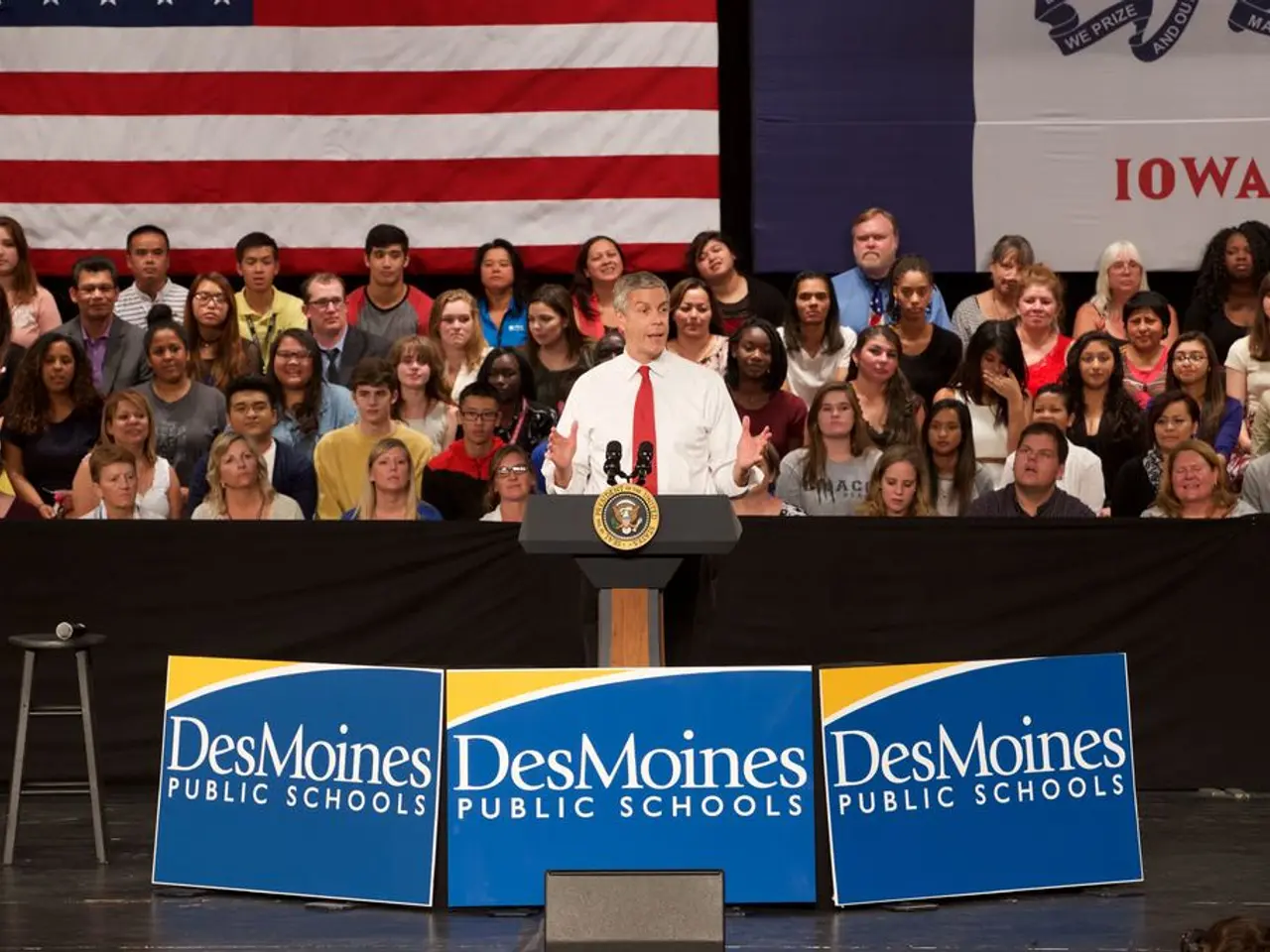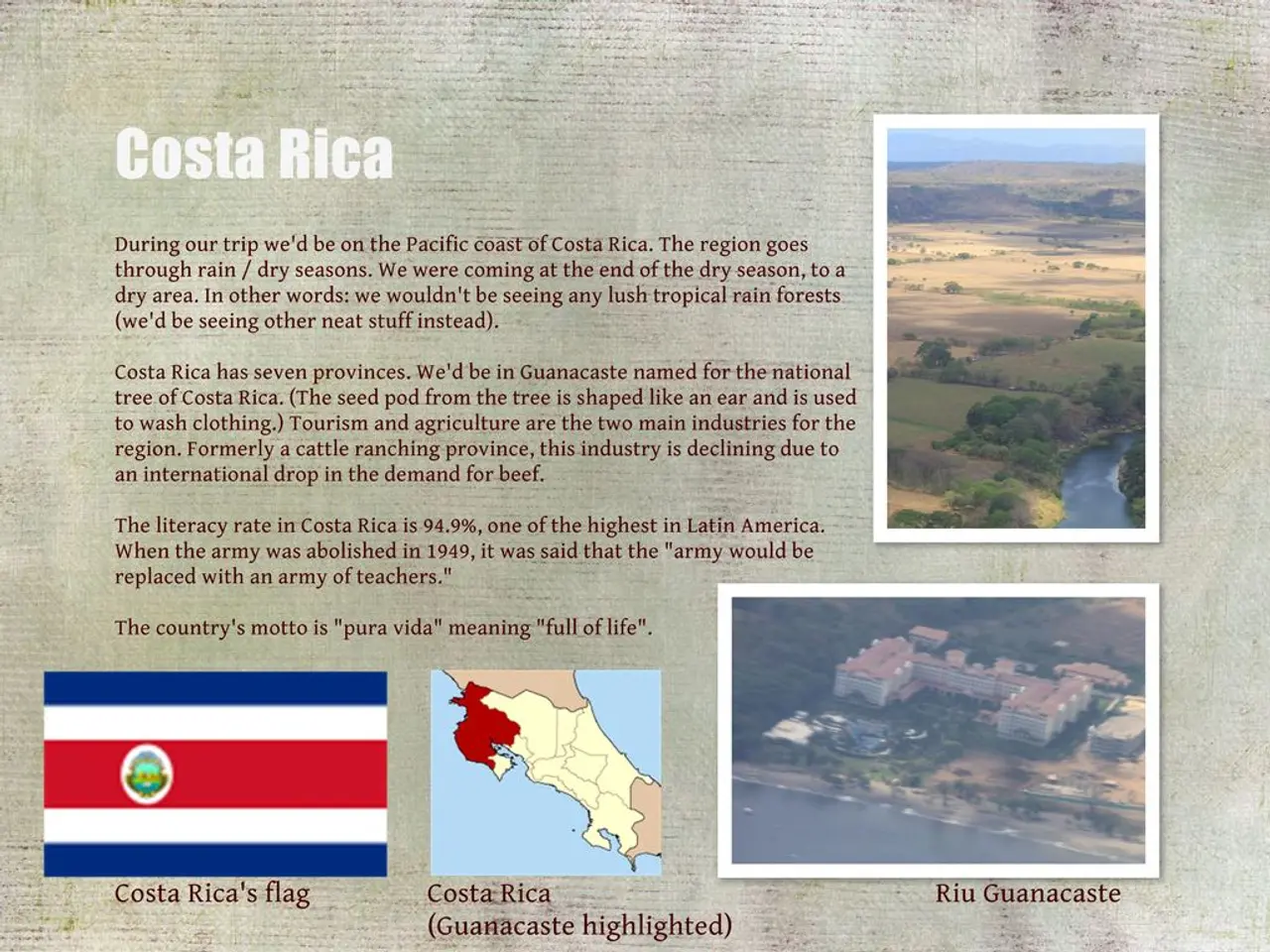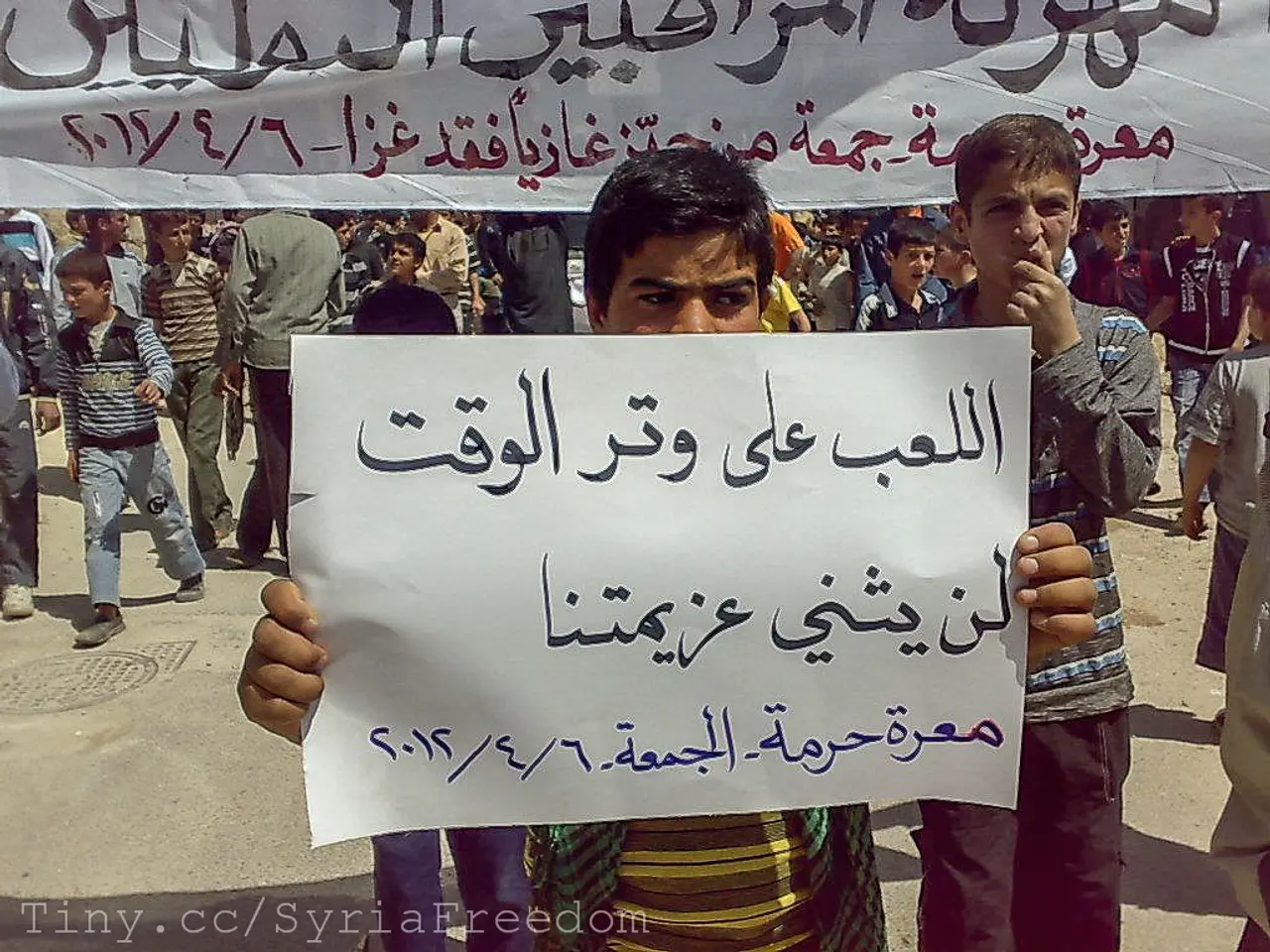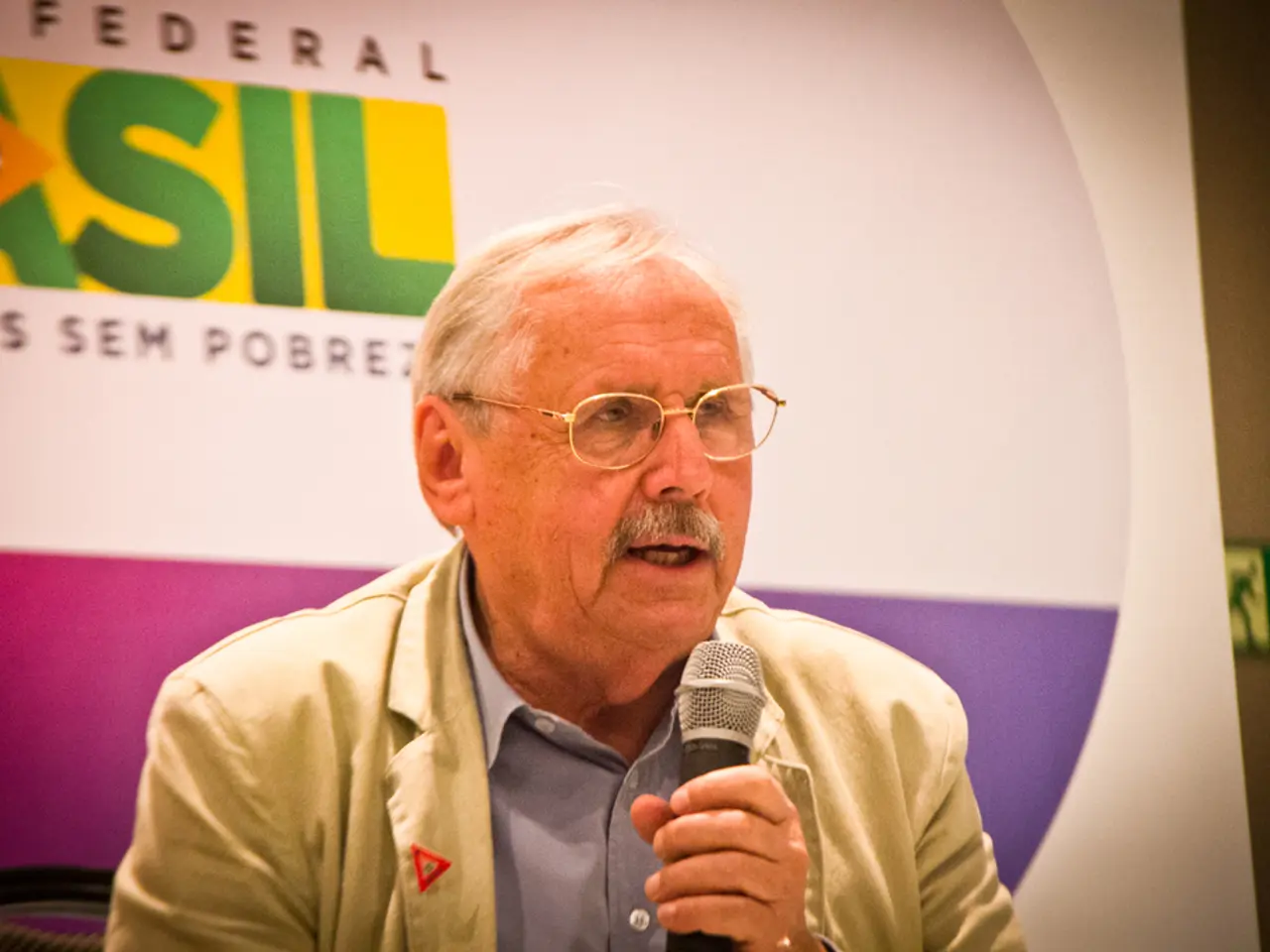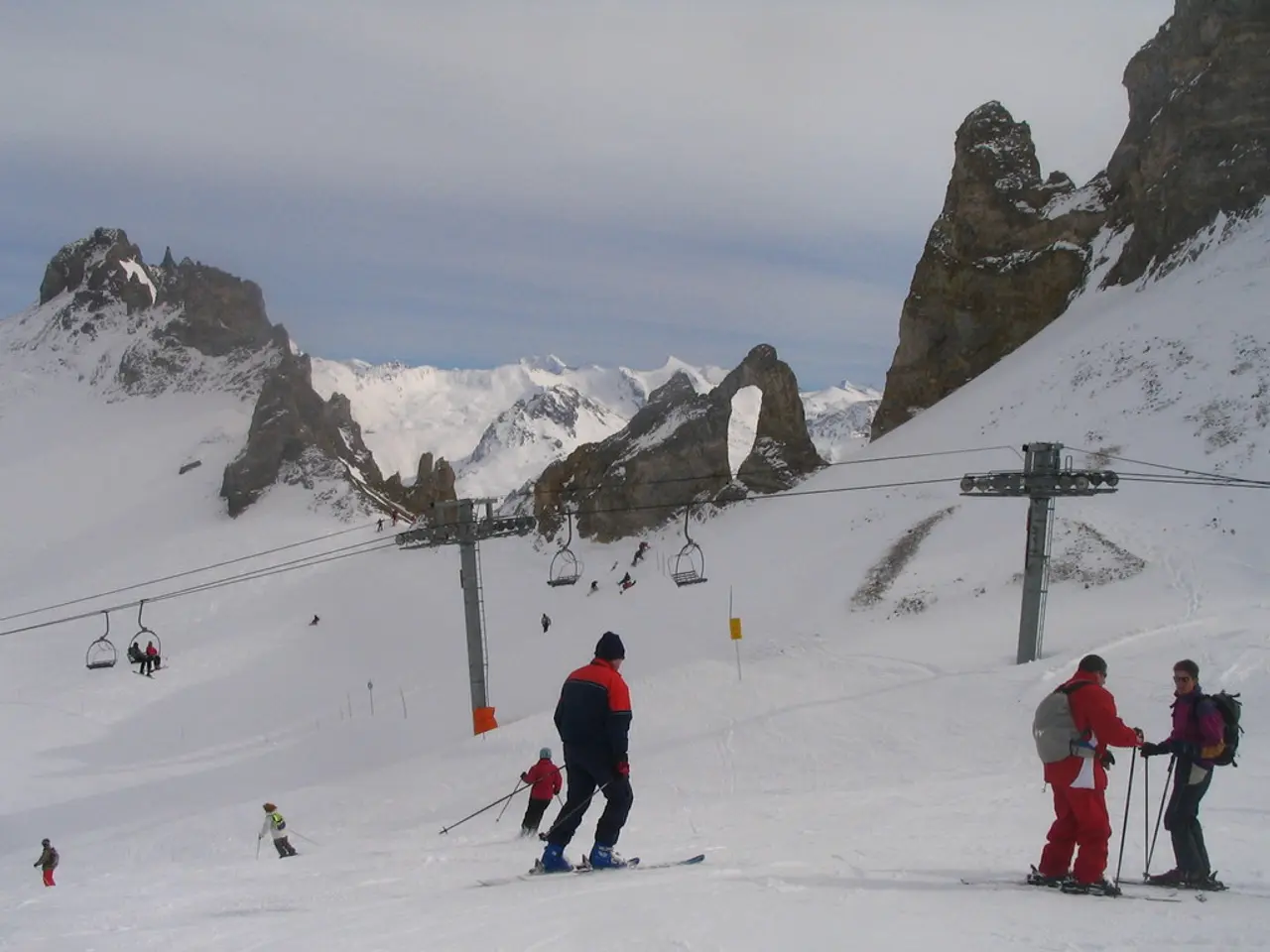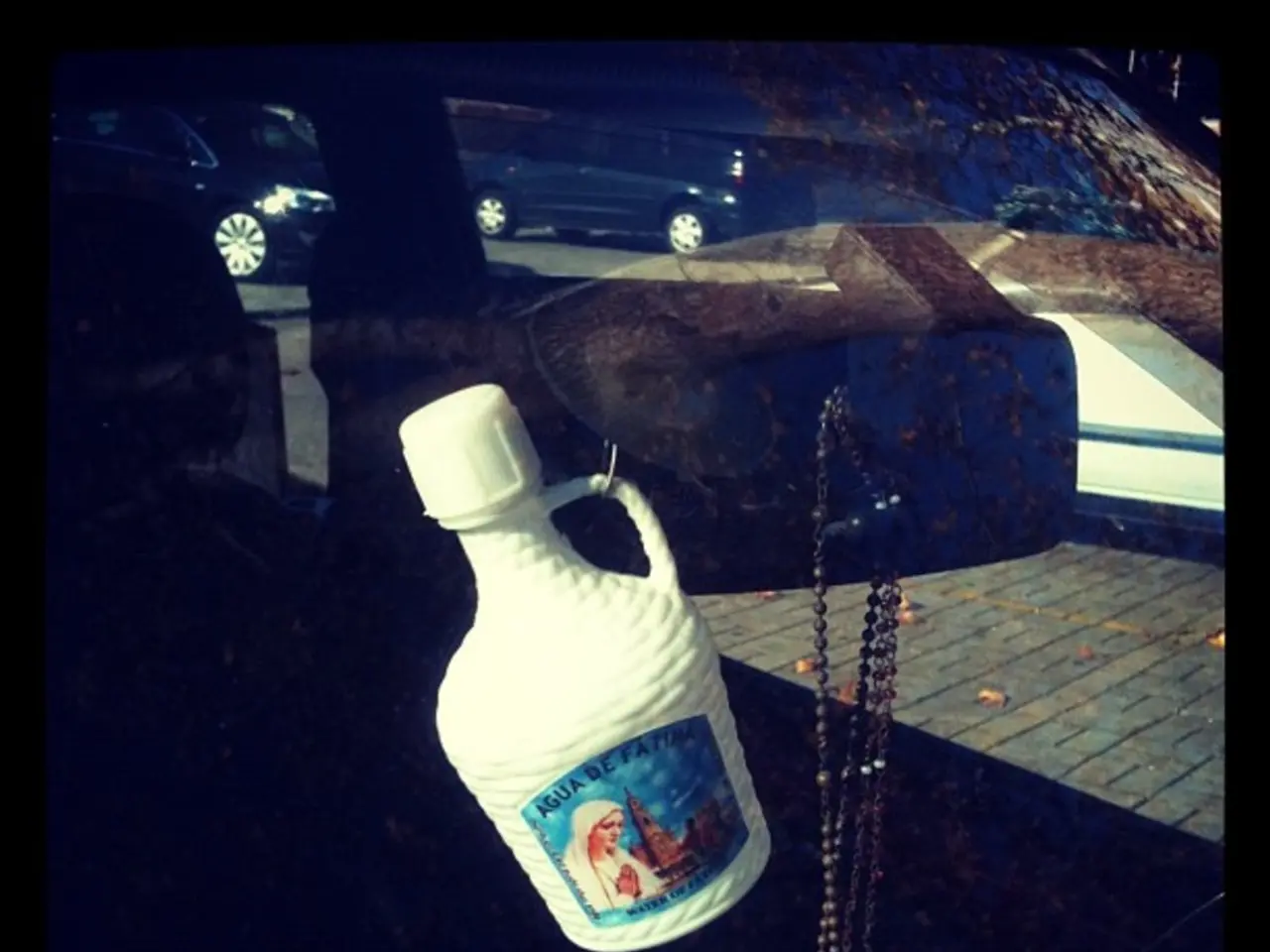Contest of constitutional proceedings in North Rhine-Westphalia: Potential threats to democratic governance
In the heart of Duesseldorf, the capital of North Rhine-Westphalia (NRW), a significant celebration took place last week. The state parliament hosted the anniversary event for 75 years of the NRW constitution, a milestone that marks the resilience and enduring spirit of democracy in the region.
Speaking at the event, Minister President Hendrik Wüst underscored the importance of democracy, emphasizing that it is often taken for granted but is not a given. He warned of political forces trying to drive a wedge into society, echoing concerns shared by many European leaders.
Wüst also highlighted the dangers that democracy faces, both in NRW and across Europe. He expressed his concern about extremists, whether politically or religiously motivated, who are trying to poison the climate in democracies like Germany. These threats, he asserted, can undermine democratic discourse and erode trust in institutions.
Barbara Dauner-Lieb, President of the NRW Constitutional Court, also spoke at the event. She emphasized the democratic rule of law as a success story and a gift after the collapse of totalitarian fascism. Dauner-Lieb pointed to the Corona pandemic as a time when the rule of law democracy was tested, underscoring its importance in maintaining order and upholding the values of democracy.
The state government and state parliament are inviting all interested citizens to an open day in the state capital Duesseldorf on Saturday. Numerous events are planned for the government quarter on the Rhine, offering residents and visitors a chance to learn more about the history and values of the NRW constitution.
The NRW constitution came into force on 11 July 1950, after the state was founded in the summer of 1946 by the British military government. The President of the State Parliament, André Kuper (CDU), spoke about the beginning of the NRW constitution at the celebration.
In the broader European context, challenges to democracy include online hate and gender-based violence, as well as a lack of representation that erodes trust in democratic institutions. While specific information about threats to democracy in NRW was not provided, it is reasonable to assume that similar challenges might apply, but the exact nature and extent would depend on local conditions and statements from officials like Minister President Hendrik Wüst.
News reports highlighted the concerns raised by Minister President Hendrik Wüst about political extremists attempting to undermine democratic discourse in policy-and-legislation matters in North Rhine-Westphalia (NRW) and across Europe. Similar challenges, such as online hate and gender-based violence, pose threats to democracy in a broader European context, echoing the concerns shared by many European leaders.
